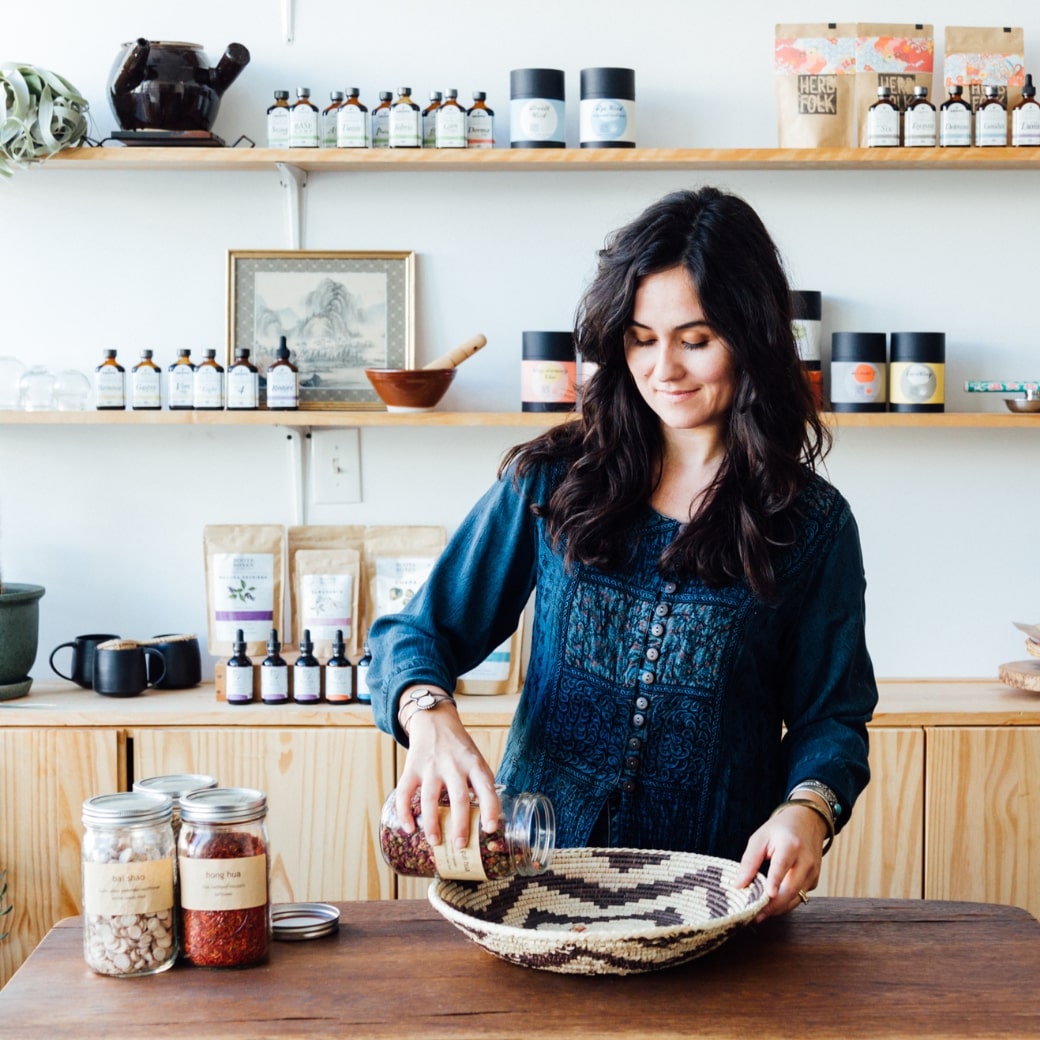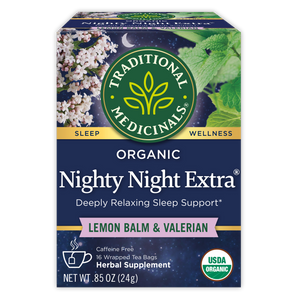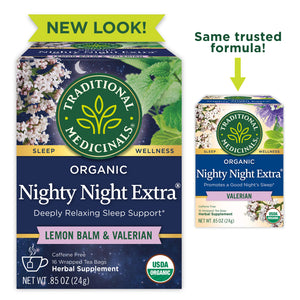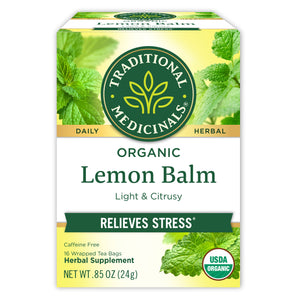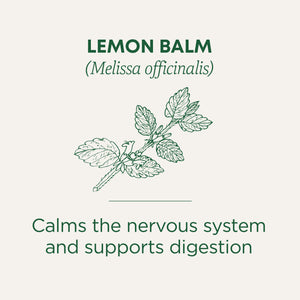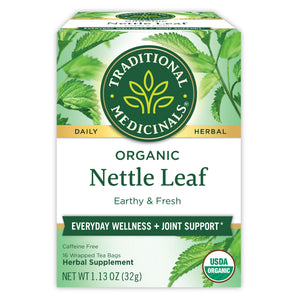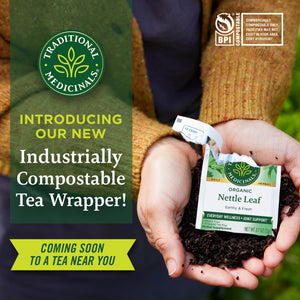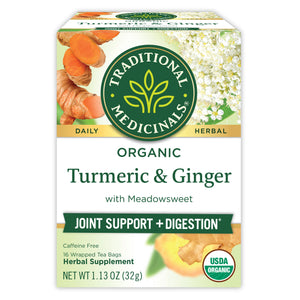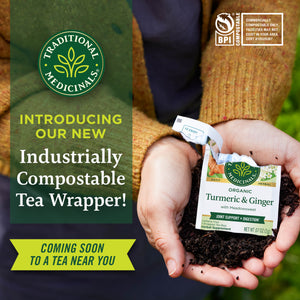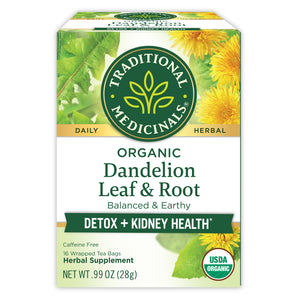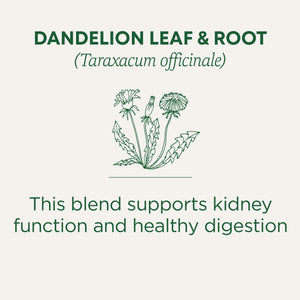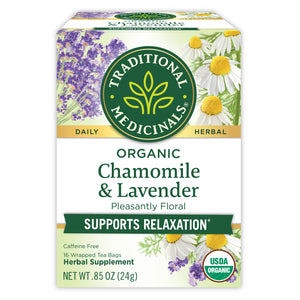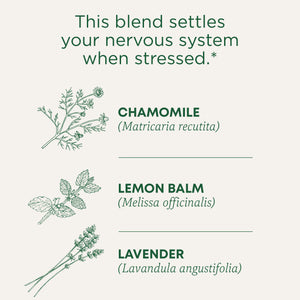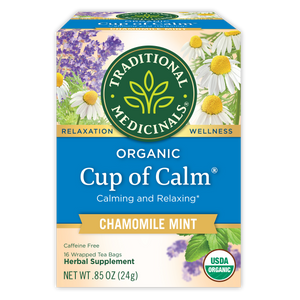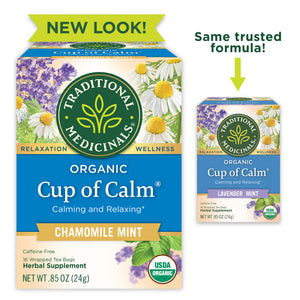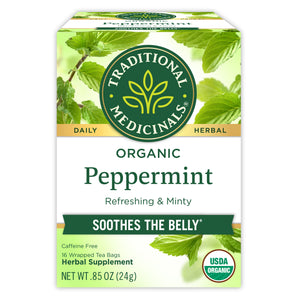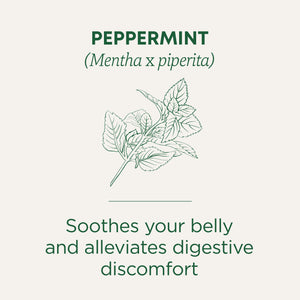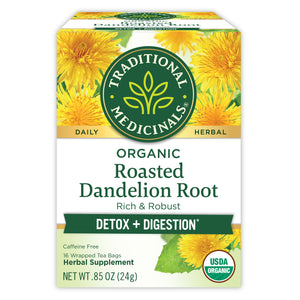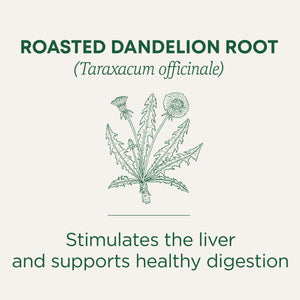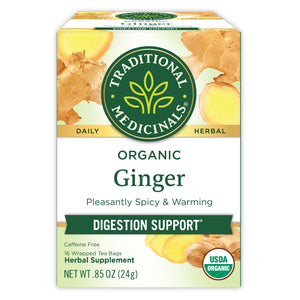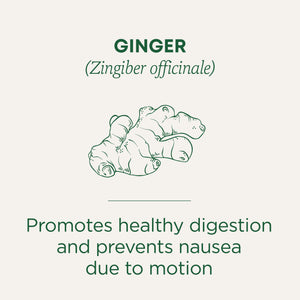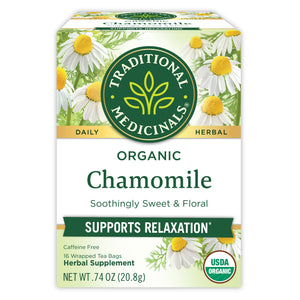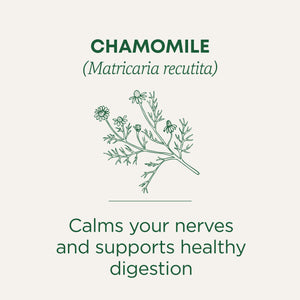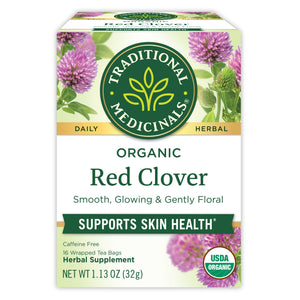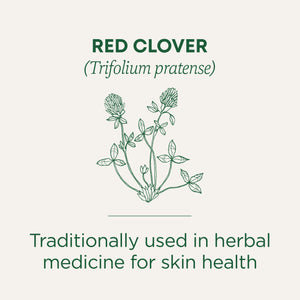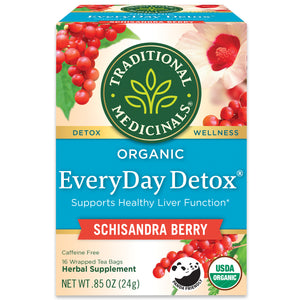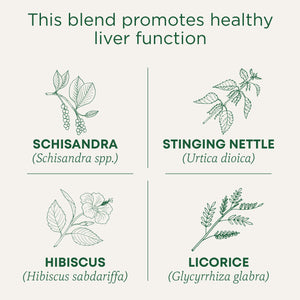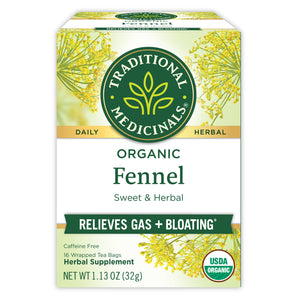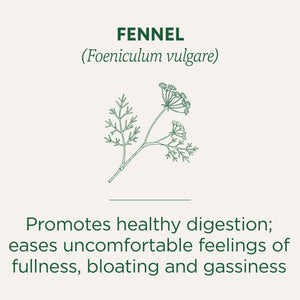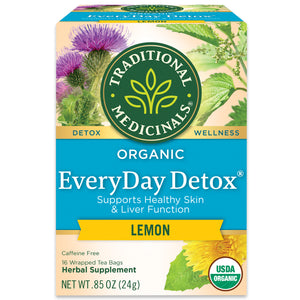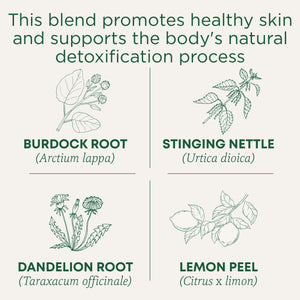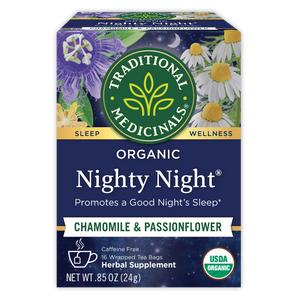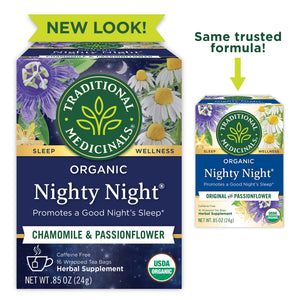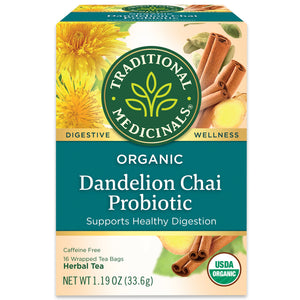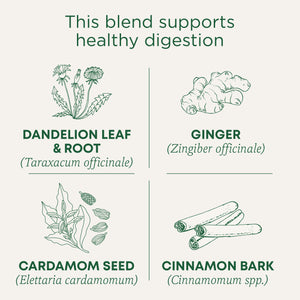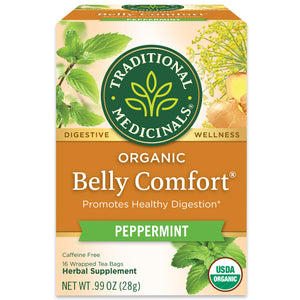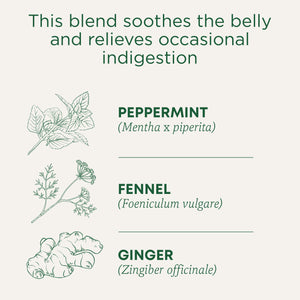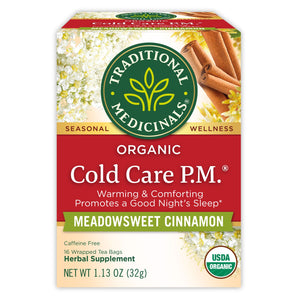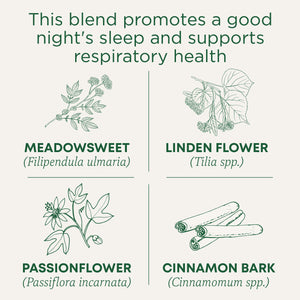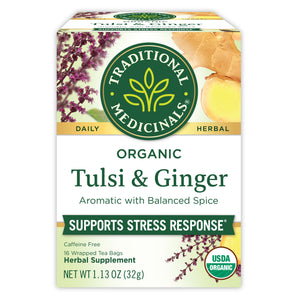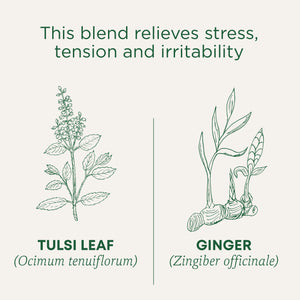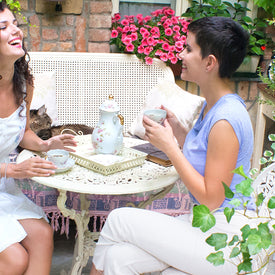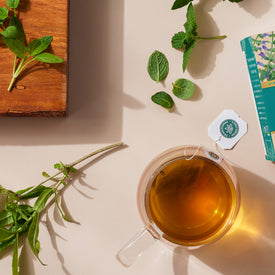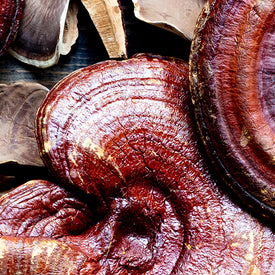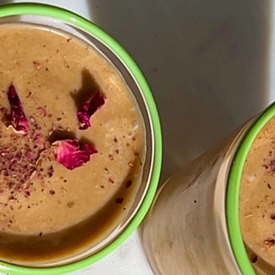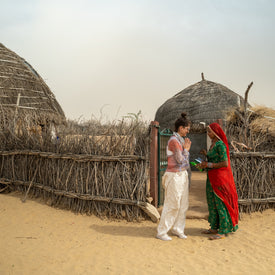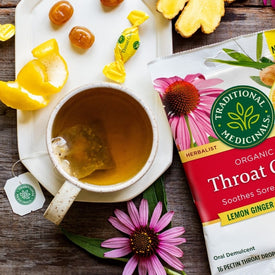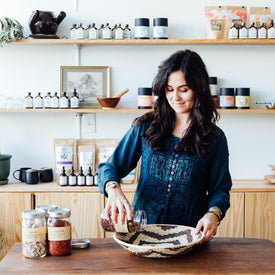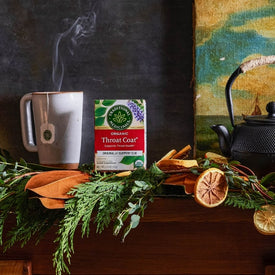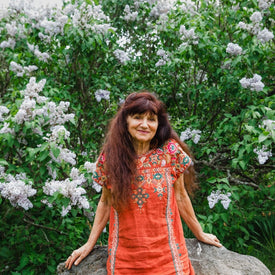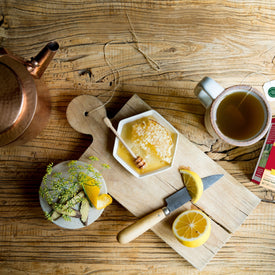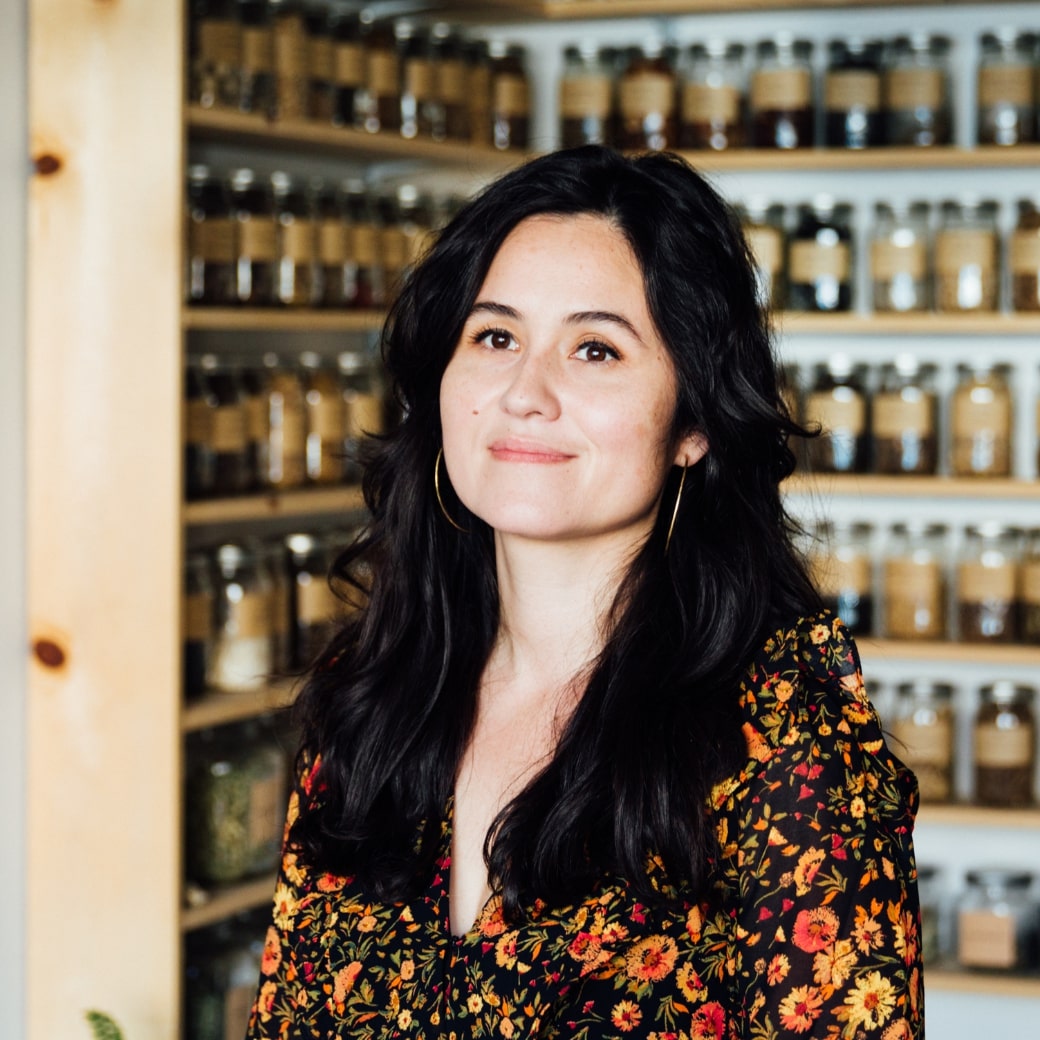
Erin Masako Wilkins is an Asian American herbalist and acupuncturist. She has been a practicing herbalist for over a decade specializing in traditional Chinese and Japanese medicine. She aims to empower others to restore health by tapping into her ancestral healing traditions. A seasoned educator, her classes include Asian American herbalism, folk traditions, TCM theory, seasonal wellness, and community care workshops. Erin has a master’s degree from the Acupuncture and Integrative Medicine College in Berkeley, CA. Her new book, “Asian American Herbalism: Traditional and Modern Healing Practices for Everyday Wellness,” reflects her experience as a working herbalist in Petaluma, CA. Learn more about Erin on her website.
How did your herbal journey begin?
My formal training as an herbalist began in a traditional Chinese medicine (TCM) clinic surrounded by hundreds of dried herbs in tiny wooden boxes. Understanding herbs within East Asian philosophy was a significant part of my training in acupuncture school.
Once I was in acupuncture school, I saw that many of the herbs and foods I grew up with in my grandmother’s kitchen were also in my TCM textbooks. There are hundreds of TCM herbs to choose from, so I continue to focus on herbs that grow well where I live in California, like chrysanthemum, mugwort, dandelion, loquat, and honeysuckle. I also like to use herbs that are easy to find at the local grocery store, like burdock root, ginger, mint, citrus, and green tea.
I now realize that my herbal journey began and remains in my grandmother’s kitchen and mother’s garden. To this day, I make loquat respiratory syrup with leaves from my mom’s yard. I dry tangerine peels from her trees. I cook for my little family using the same tea, mushrooms, ginger, and roots as my maternal grandma Masako. And I believe this is where the herbal journey almost always begins – in our most personal spaces, the home and garden.
Can you tell us about what Asian American Herbalism is? Why did you choose this topic for your book?
Asian American herbalism is a slowing down, a reconsideration, a curiosity as to what it means to practice Asian herbalism here in the States. As I wrote, I intended to share my experience of practicing traditional East Asian and North American folk herbalism in the context of modern-day life and as a fourth-generation mixed Japanese American woman.
With my first book, I hope to simply inspire the reader with confidence in using herbal medicine at home. I hope to increase our understanding of how our body and mind work on an energetic level. And I wish to empower people to move through the world in a softer, more peaceful way.
I write from a very personal place and only share my experience as a working herbalist. I do not intend to cover every aspect of traditional Asian medicine or Asian American culture. My goal is to share my story in hope that it will inspire others to honor their family’s traditions too. People of every race, ethnicity, and culture have ancestral connections to herbs and healing practices with wisdom that benefits us all.
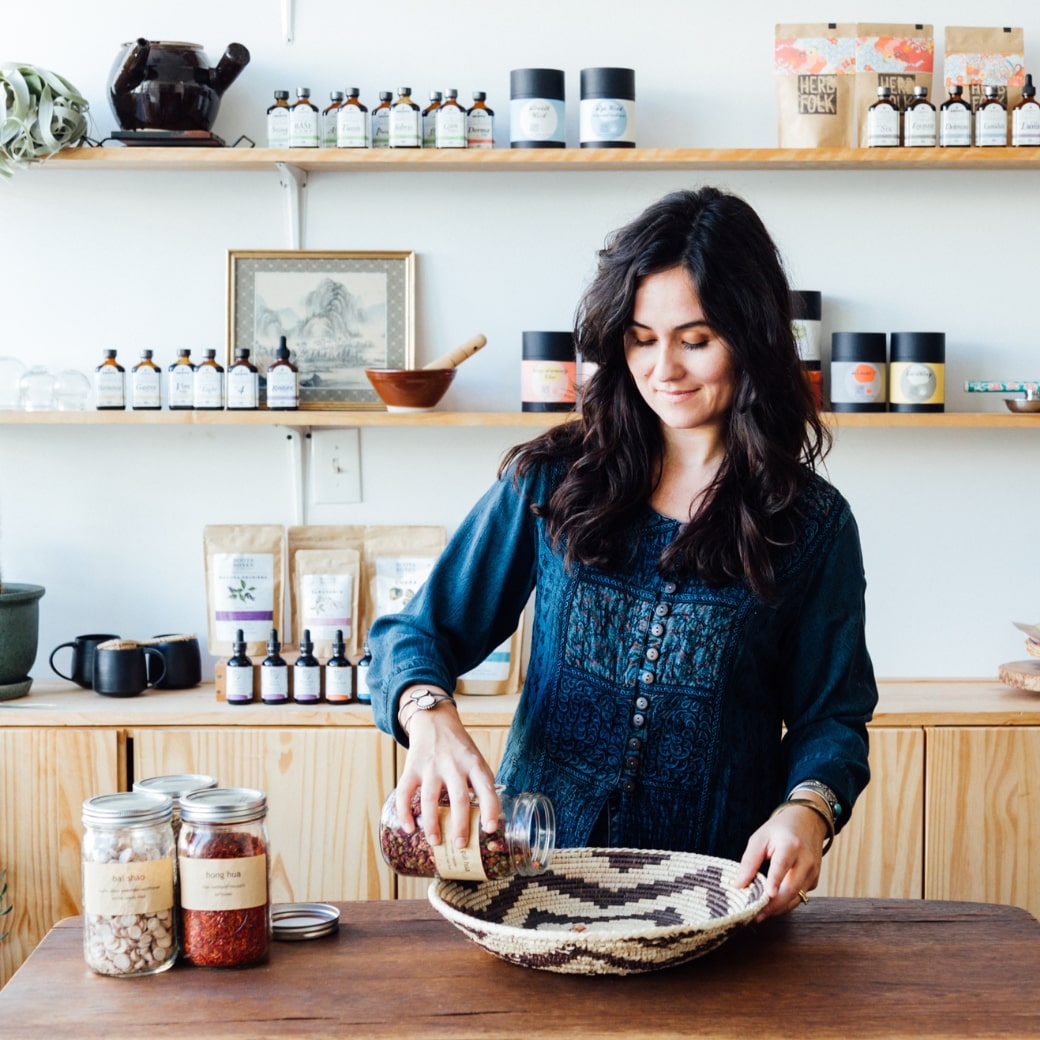
How do you define Identity Herbalism? How do you personally get in touch with the plants of your ancestors?
Asian American herbalism and identity herbalism are about re-learning and reclaiming the healing ways of one’s family and lineage. I think identity herbalism is an important topic in natural medicine, because it reminds us of our cultural connections to the earth. The earth-based lessons are there for all of us to unearth.
One of the most profound ways I’ve deepened my connection with the plants of my ancestors, specifically on my Japanese American side, is through making time to be with community. This includes the workshops I teach in the San Francisco bay area. Classes are a great way to transcend barriers to holistic care, especially when sharing knowledge that has historically been gatekept and difficult to access. In these classes, I often ask folks to share about the foods and herbs that they grew up with as a starting point for learning about East Asian medicine. And I’m always moved by moments when people start bridging cultural food memories with the various health benefits. It’s the memory of Grandma drinking green tea with umeboshi plums for digestion. It’s the memory of eating rice porridge with jujube dates and roots when recovering from illness. These cultural food memories are especially alive for folks of AAPI heritage, but many have deep connections to East Asian medicine. Elders, friends, herb students, and acupuncture clients are some of my greatest teachers.
What advice do you have for people interested in learning more about connecting with plants of their ancestors?
Start by looking around you. What are the plants, teas, or herbs in your kitchen? Do you have a garden? Do you have a favorite herb shop or natural foods market? Start there.
You may also wish to do some research on the healing herbs of your ancestors. If you have a complicated history with blood kin, it is also meaningful to consider ancestors of spirit or chosen family.
Choose one plant and learn about it, eat it, take it as tea, and simply notice if it has something to teach you.
You have mentioned you are a fan of Traditional Medicinals! What are your favorite Traditional Medicinals teas and why?
My favorite TM teas are the ones that make me feel held and cared for when I am having difficulty caring for myself.
Herbal Cold Care™ is a go-to when I feel my immune system needs a boost or when I’m too unwell to do much for myself other than boil water! Throat Coat® has remained a precious gift during the times when fires have devastated Sonoma County in 2017 and beyond.*
And although my kids are no longer babies, Mother’s Milk® was a constant during the years I nursed.* Although I could and would make my own herbal lactation tea, there is something very healing about receiving care during vulnerable times. And having ready-made teas on hand is one way I support and care for myself.

